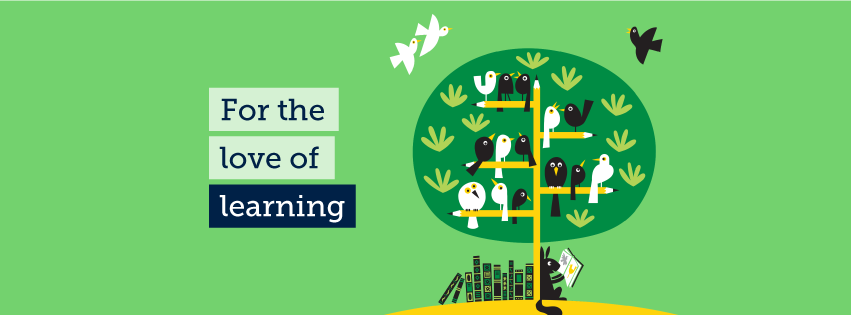A petition has recently been published on Change.org about the number of nature words in the Oxford Junior Dictionary. We take customer feedback very seriously and have addressed the most commonly raised concerns below. Like you, we feel strongly that nature is essential to children’s lives and are encouraged to see that this is such an important issue to people. We hope this blog post goes some way to better explaining our position on this.
We would also really encourage anyone who has signed the petition who hasn’t seen or read a copy of the Oxford Junior Dictionary (published in 2007) to have a look at it as we think it helps to put some of the concerns in context. As a starter we’ve included some sample pages from the dictionary below so you can see what it looks like.
Have you taken words about nature out of your dictionaries?
We of course haven’t taken all words about nature out of our dictionaries. Our 17 children’s dictionaries contain thousands of nature words.
When were the words listed in the petition removed from the Oxford Junior Dictionary (OJD)?
When we updated the Junior Dictionary (more than 10 years ago). As we do with all our dictionaries we used words that were being used by children at the time. As a result, a small number of words about nature, which are listed in the petition, were removed. However, new words about nature were introduced at the same time, including ‘amphibian’, ‘sunflower’ and ‘cobra’.
The Junior Dictionary is a very slim introductory dictionary containing less than 5,000 words in total. 400 of those words are about natural world, meaning roughly 8.5% of the total words are about nature. All the words listed in the petition appear in our best-selling and more relevant Oxford Primary Dictionary.
Are words about nature being replaced with words about technology?
It’s not really that simple. We don’t directly replace one word with another word. We have an ongoing language research programme which ensures our dictionaries include words that children use in the classroom and words they hear in everyday use, which includes nature and technology words. The dictionary is powered by the Oxford Children’s Corpus, a unique database of millions of words written by and for children, to ensure our dictionaries contain words children come across and use.
Do you think nature words are irrelevant for modern day childhood?
The petition claims that we said the nature words removed ‘do not hold any relevance for modern day childhood.’ This is simply untrue and we have never said that. Like you, we feel strongly that nature is essential to children’s lives and are encouraged to see that this is such an important issue to people. If anything, we’re heartened that this debate is addressing the relationship between children’s language and nature. We are very proud of the children’s reference and fiction publishing we do: ensuring that children have access to books that inspire them about wildlife and the natural world.
If you are interested in reading more about this debate, Katherine Barber, former editor of the Oxford Canadian Dictionary has written about the challenges in editing such a small dictionary here

